Brian Williams lost his job as anchor of the NBC Nightly News for perpetuating one fiction, and for failing to perpetuate another.
The first fiction you’re probably familiar with. Last winter, Williams was caught for having repeated a tall tale about his experiences embedded with U.S. troops on a helicopter in the 2003 Iraq War. NBC removed him from the newscast and conducted an internal investigation; according to the announcement, the network found other (unspecified) examples of Williams’ “inaccurate statements,” most of them not on NBC News but “on late-night programs and during public appearances.”
The second fiction, connected to the first, is built into the evening news format itself: that a news anchor is reporting you the news, rather than reading it to you. Williams’ lies were a failure of character or memory or both. But they weren’t evidence that he was going to sit behind the desk and concoct Onion-like stories about the Iran nuclear talks. The vast NBC News division sends out reporters, produces a product and gives it to an anchor to present to you, like the headwaiter at a restaurant.
That’s not to diminish anchors: you have to work your way into those jobs, and they usually come with significant managing-editor responsibilities. But it’s not as if there are many opportunities for Williams’ weird personal mythmaking to make their way into the newscast on a regular basis–it would actually be a bigger concern if he were still out in the field reporting. Objectively, there was less reason to trust Brian Williams as a person, but practically, there was no real reason to trust NBC’s news any more or less.
See Brian Williams Through The Years
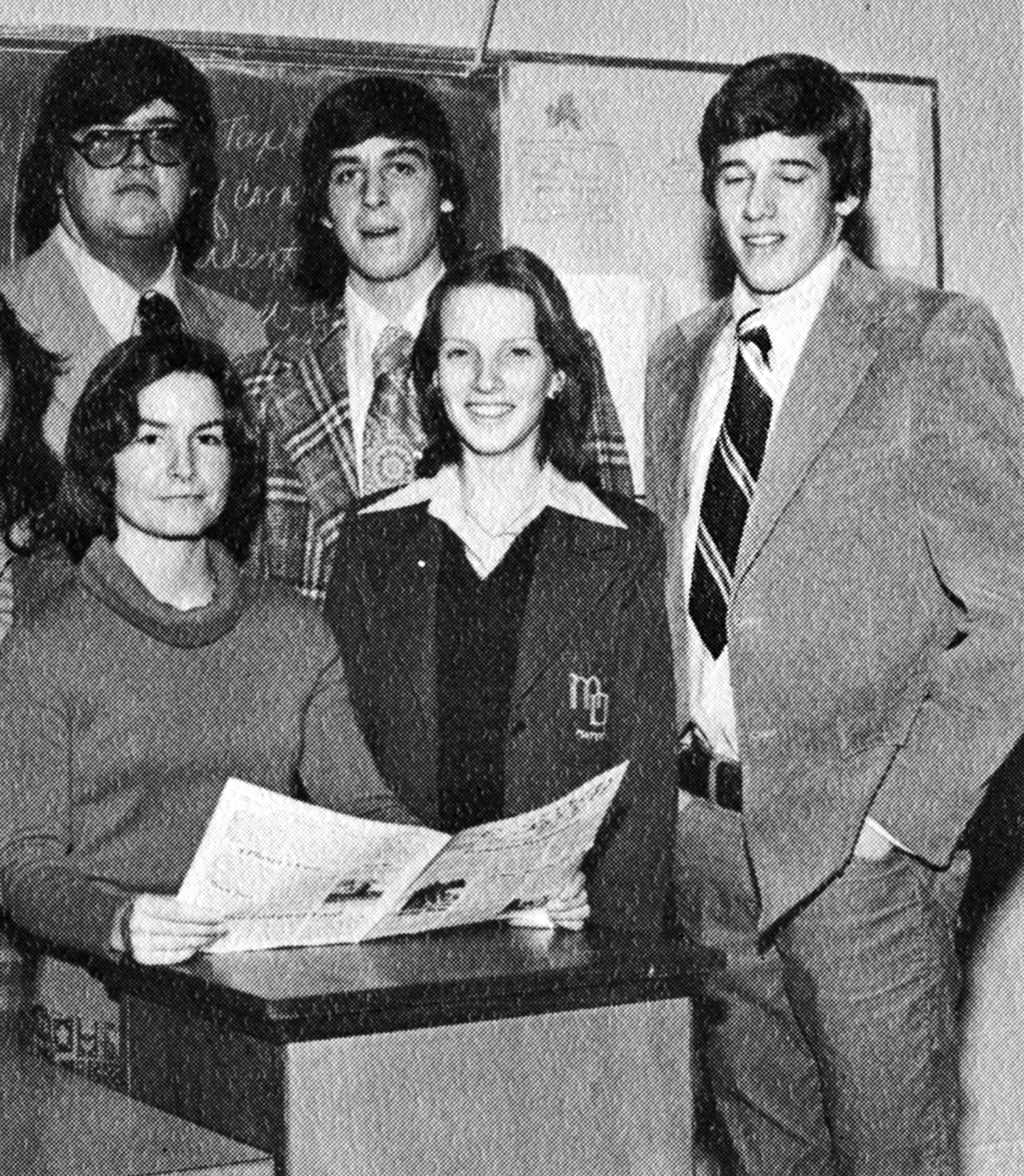

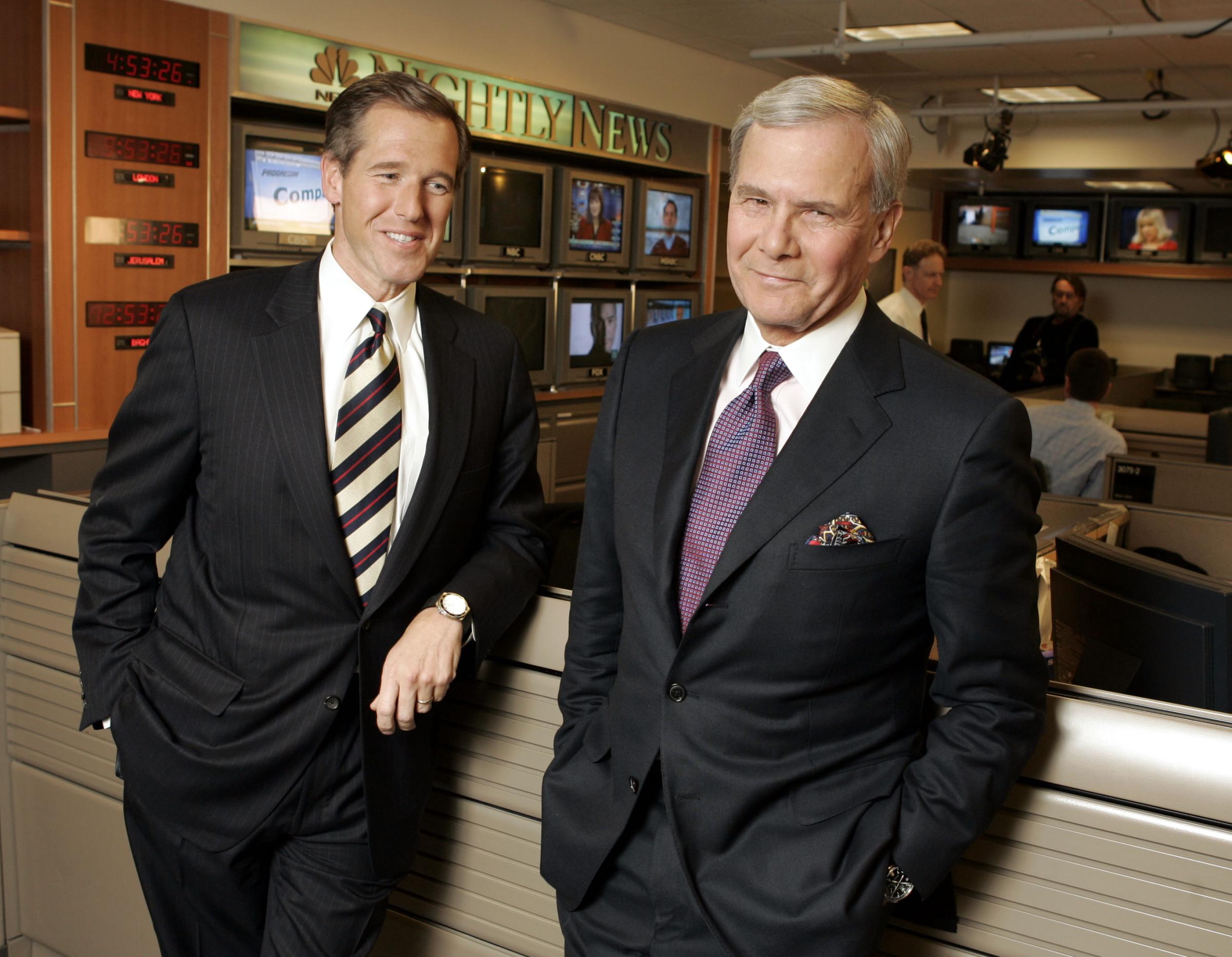
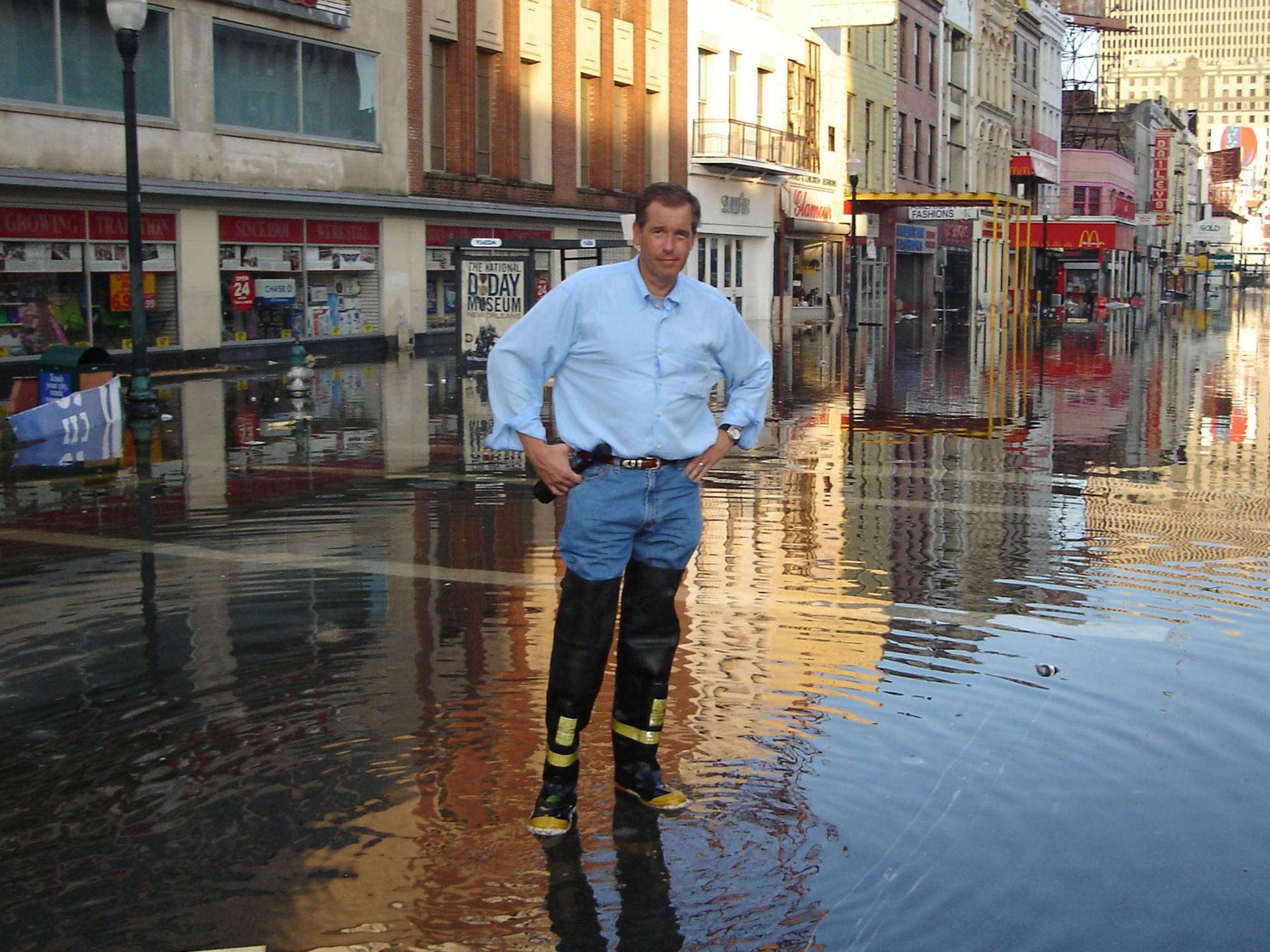

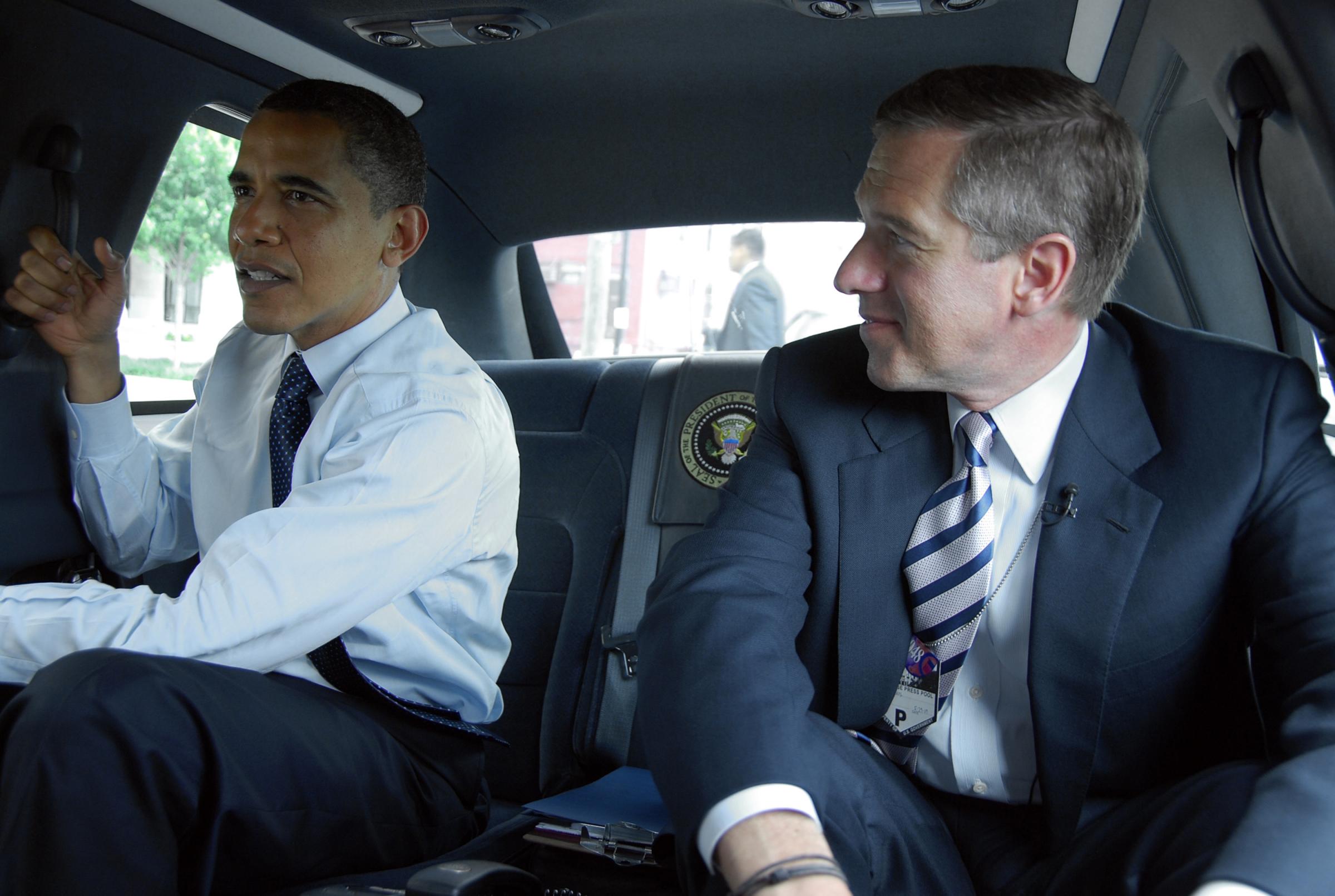
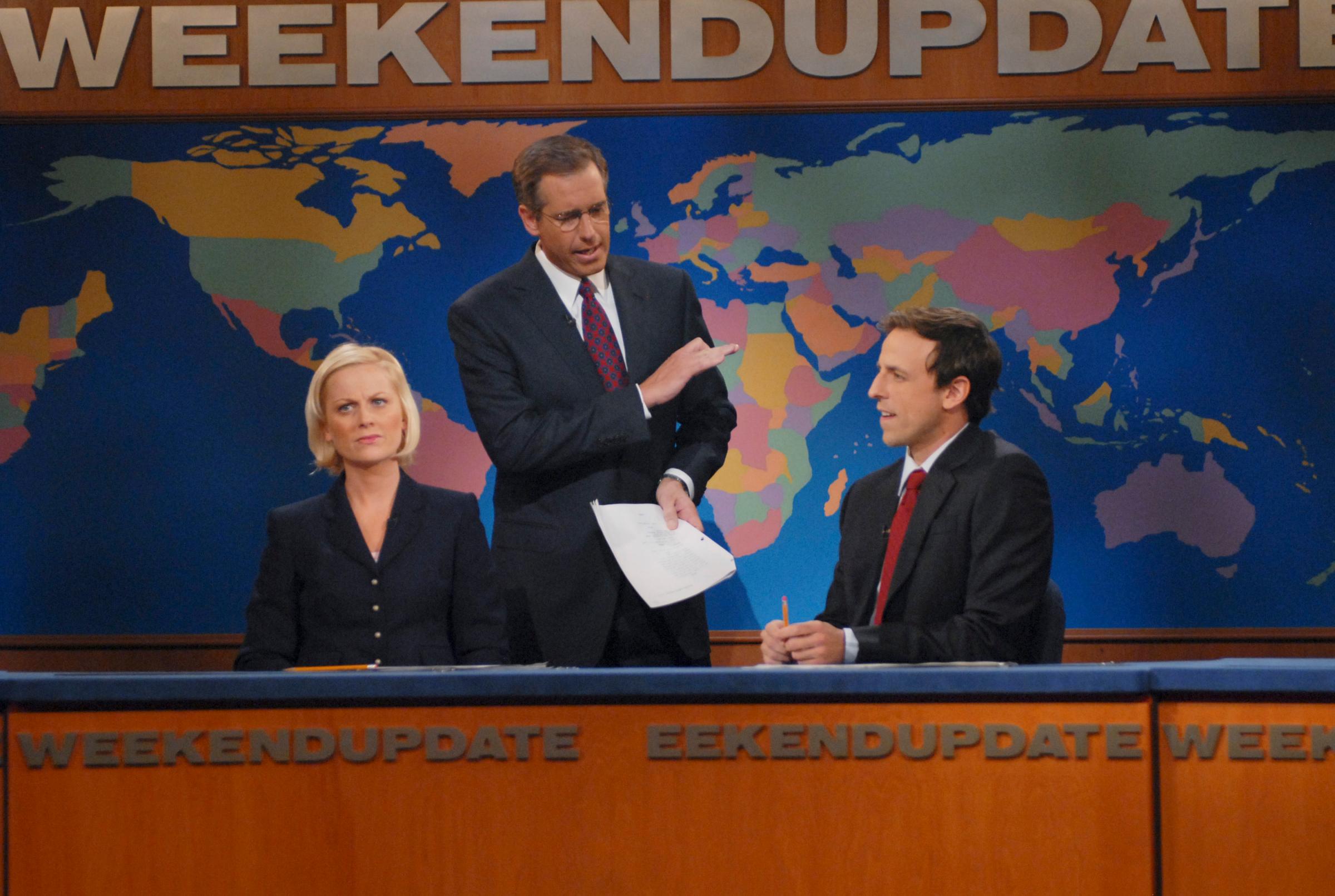
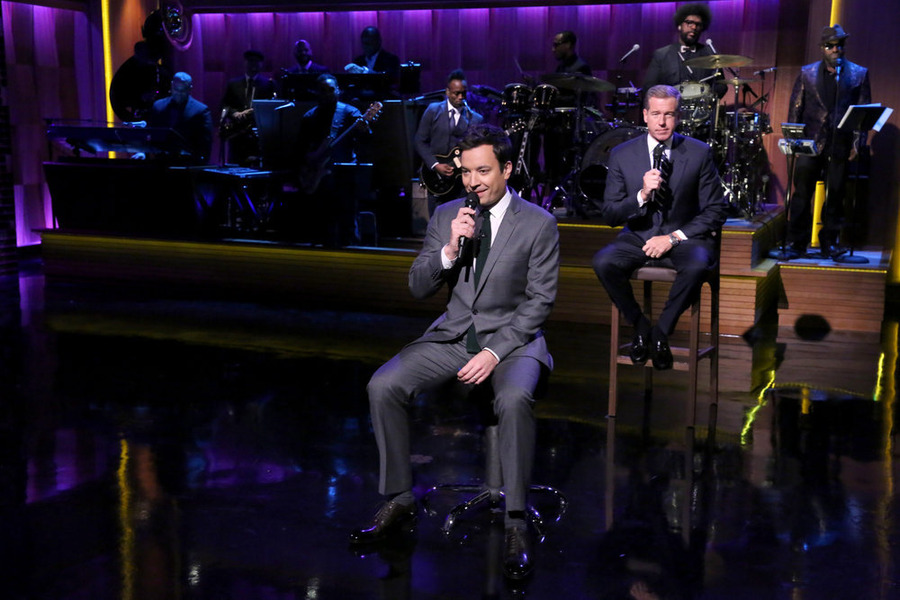
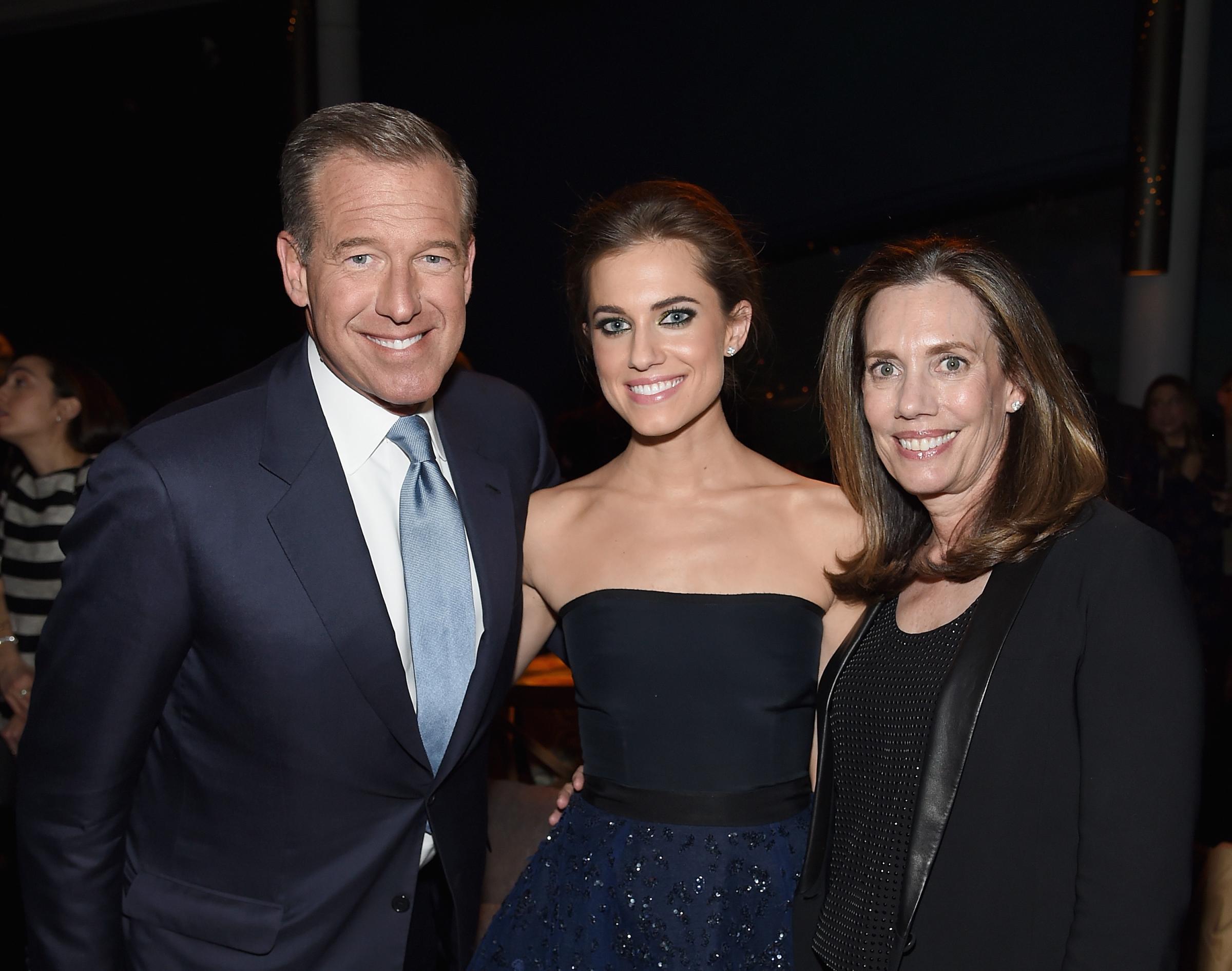

Still, that was the deal, Williams violated it and in strictly professional terms, his punishment was fair. Live by the myth of the anchor, die by the myth of the anchor. If Williams earned his position and his big salary through an unspoken agreement between news networks and their audiences–that anchors are monumental figures whose level of “trust” and “authority” is essential to the credibility of the networks’ reporting–then he’s got no place to complain after he threw his value out the door of a chopper.
But Williams’ demotion/life preserver–a new job as breaking news anchor for MSNBC–sends an odd mixed message. He’s not credible enough to anchor one NBC network, but he’s just fine for the other? You could make a perfectly defensible argument that, look, anchors are newsreaders, and while Williams told a lie, he’s no less suited for the job. And you can make a perfectly credible argument that anchors bear a public trust, which trust is shattered when they tell lies, on the newscast or off. This move, however, sort of says… both?
It also sends a message that MSNBC is NBC News’ purgatory, and at exactly the moment when the mothership is trying to revive the cable networks’ ratings. Not to mention that, per NBC, Williams will anchor NBC special reports when Holt is unavailable. It is, I suppose, an effort to do something other than give Williams the professional death penalty, but it could also look like Williams, aiming in the words of his apology to “earn back [viewers’] trust,” is also trying to earn his way back into Holt’s chair.
Once again, NBC News is trying–maybe thanklessly–to work its way out of internal drama in a way that risks generating other drama. The first test of that will come Friday, when a Matt Lauer interview with Williams airs on Today and Nightly News. If Lauer gives his colleague a softball platform like he did Rachel Dolezal this week, it’ll seem like public-relations theater. If the interview is legit, but Williams’ answers are evasive or lack introspection, the whole thing could just reignite the controversy.
Maybe that’s an impossible position for NBC, but as with Williams, the game of TV appearances and the performance of credibility is what they signed up for. They got into this through their anchor’s stories. Now they need to find the narrative that gets them out.
More Must-Reads from TIME
- Caitlin Clark Is TIME's 2024 Athlete of the Year
- Where Trump 2.0 Will Differ From 1.0
- Is Intermittent Fasting Good or Bad for You?
- The 100 Must-Read Books of 2024
- Column: If Optimism Feels Ridiculous Now, Try Hope
- The Future of Climate Action Is Trade Policy
- FX’s Say Nothing Is the Must-Watch Political Thriller of 2024
- Merle Bombardieri Is Helping People Make the Baby Decision
Contact us at letters@time.com